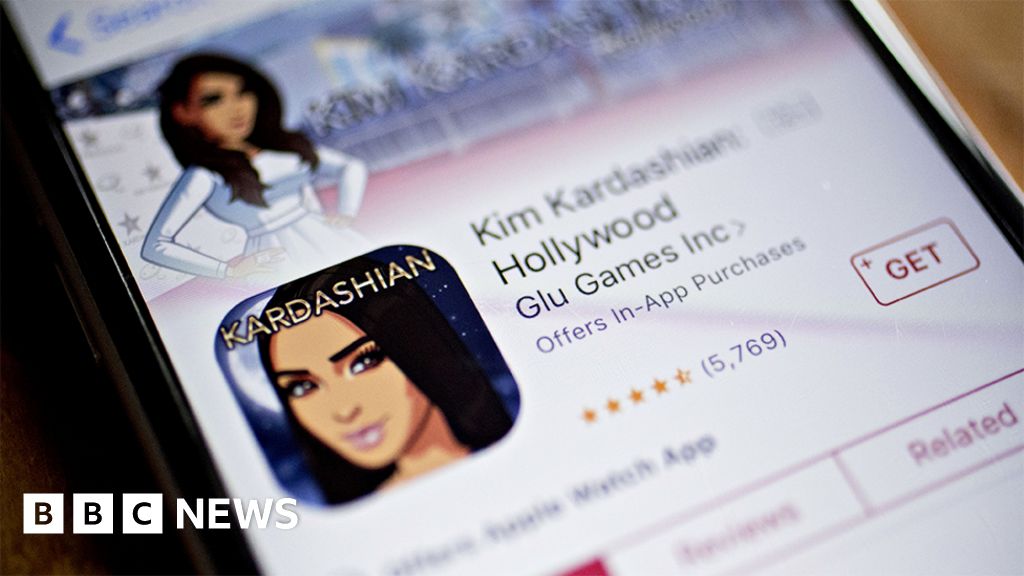‘Fortnite’ lawsuit from Blackpink-Justin Bieber choreographer revived on appeal
“Fortnite” maker Epic Games will face a new round of litigation from celebrity choreographer Kyle Hanagami, who alleges the popular video game ripped off his moves.
The U.S. 9th Circuit Court of Appeals decided Wednesday that it will revisit Hanagami’s allegations against Epic Games, after a lower court dismissed the choreographer’s lawsuit last year. On March 29, 2022, Hanagami — who has choreographed for Justin Bieber and Blackpink — filed a copyright lawsuit against Epic Games, alleging the hit game lifted his choreography for one of its virtual avatar animations, also known as “emotes.”
At the center of the lawsuit are a 2017 video of Hanagami dancing to Charlie Puth’s “How Long” and the game’s “It’s Complicated” emote released in August 2020, according to court documents reviewed Friday by The Times.
Last year, Epic Games filed a motion to dismiss the case, alleging that Hanagami’s “How Long” moves and their “Fortnite” emote were not “substantially similar.” The U.S. District Court for the Central District of California also determined that the “How Long” moves Epic allegedly copied— which Hanagami successfully registered for copyright in 2021 — were “not protectable” under the Copyright Act of 1976 because they comprised a “small component” of Hanagami’s registered work.
The case was dismissed on Oct. 3, 2022.
“We conclude the district court erred in its application of the substantial similarity test as Hanagami plausibly alleged that his choreography and Epic’s emote share substantial similarities,” Judge Richard A. Paez said in Wednesday’s opinion. “We thus reverse and remand for further proceedings.”
Attorney David L. Hecht, who represents Hanagami, said in an email statement to The Times, “The Court’s holding is extremely impactful for the rights of choreographers, and other creatives, in the age of short form digital media, and consistent with Hecht Partners’ mission in impact litigation.
“Our client is looking forward to litigating his claims against Epic and he is happy to have opened the door for other choreographers and creatives to protect their livelihood,” Hecht added.
A representative for Epic did not immediately respond to The Times’ request for comment Friday.
Hanagami is not the first dancer and creator to accuse Epic’s “Fortnite” of lifting work for emotes. In 2019, social media personality Backpack Kid alleged the game ripped off his popular “Floss” dance move for an emote. Emotes can be purchased with V-bucks, the in-game “Fortnite” currency.
Other artists who have taken issue with “Fortnite” for allegedly copying their moves include “Scrubs” actor Donald Faison, “Milly Rock” star Terrence “2 Milly” Ferguson and Alfonso Ribeiro.
News of the Hanagami lawsuit reversal comes as “Fortnite” launches its latest chapter. “Season OG,” which dropped Friday, brings back the battle royale and the shooting game’s original map.
Epic Games debuted “Fortnite” in 2017. Since then, the game has expanded its reach with virtual concerts and live events and tournaments. “Fornite” gained even more attention with Epic Games’ 2020 lawsuit against Apple.
Earlier this year, the 9th Circuit sided with Apple, rejecting Epic’s claim that its App Store violated federal law because it bans third-party app marketplaces on its operating system.
“The App Store continues to promote competition, drive innovation, and expand opportunity, and we’re proud of its profound contributions to both users and developers around the world,” the company said in an emailed statement at the time.
The revived lawsuit also comes more than a month after Epic Games laid off 830 employees in late September. The North Carolina-based developer said in a email to employees that the layoffs accounted for roughly 16% of workers.
Tim Sweeney, the company’s chief executive, told the staff that Epic had been “spending way more money than we earn” for “a while.”
“I had long been optimistic that we could power through this transition without layoffs, but in retrospect I see that this was unrealistic,” Sweeney wrote in a memo posted to the company’s website.
Times staff writer Sarah Parvini contributed to this report.







